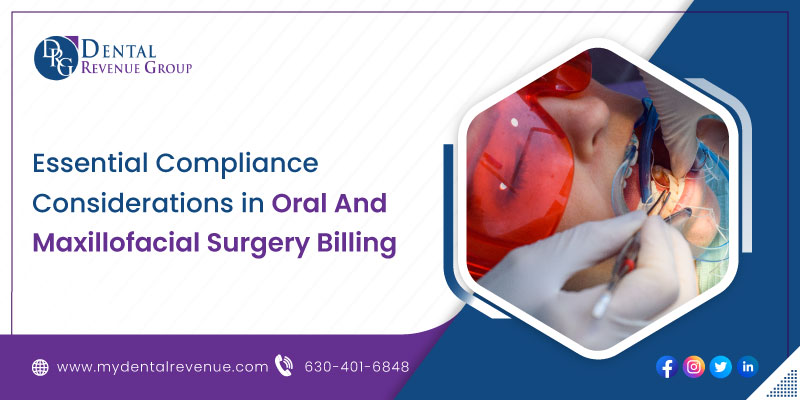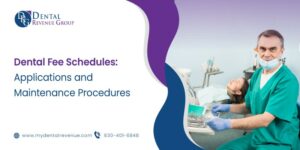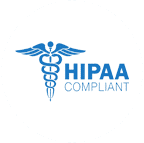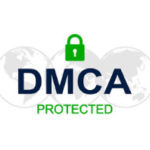In the ever-evolving landscape of healthcare, the intricate process of oral and maxillofacial surgery billing demands meticulous attention to compliance and audit readiness. Navigating the intricate healthcare billing and coding landscape is a formidable challenge, particularly within oral and maxillofacial surgery practices. As healthcare regulations evolve, ensuring compliance and audit readiness has become crucial for oral and maxillofacial surgery practices. In this blog post, we will discuss some essential considerations that oral and maxillofacial surgery billing practices must consider to maintain compliance and audit readiness in their billing processes.
Understanding Oral and Maxillofacial Surgery Billing
Oral and maxillofacial surgery encompasses a wide range of procedures, such as tooth extractions, jaw surgeries, treatment for facial trauma, and more. These procedures are complex and require careful documentation and coding for accurate billing. Owning your Oral and Maxillofacial Surgery practice poses challenges, particularly in managing efficient billing. Interacting with insurance companies for prompt payments can be cumbersome, even with streamlined internal processes. This can lead to prolonged exchanges that consume valuable staff hours. By keeping your staff focused on patient care instead of phone conversations, you enhance the patient experience. Juggling both dental and medical insurance companies becomes a time-consuming hassle, diverting attention from patient needs. This is where Dental billing companies come in to simplify the process for your practice. They ensure smoother procedures, allowing your staff to provide exceptional patient experiences without being burdened by administrative tasks.
Compliance Audit Purpose in Oral and Maxillofacial Surgery Billing
A compliance audit in oral and maxillofacial surgery billing assesses adherence to regulatory guidelines and industry standards thoroughly. It examines whether the billing processes align with established frameworks like SOC 2 or ISO 27001. The audit report acts as an informative assessment, indicating the effectiveness of controls for meeting specific requirements. With data security concerns prevalent, businesses entrusting sensitive information to third parties aim to mitigate risks. Associations like the American Institute of Certified Public Accountants offer standards to ensure data safety. Following these standards maintains data integrity, availability, and confidentiality. Precise guidelines from such associations assist auditors in evaluating and documenting their findings comprehensively.
The main goal of a compliance audit in Oral and Maxillofacial Surgery Billing is to provide sensitive data assurance to your clients. Gaining endorsement from a credible third party indicating your compliance fosters trust and customer acquisition.
Key reasons for undergoing IT compliance audits include:
Customer Trust:
To meet the demand for proof of data security, especially in today’s climate of data privacy concerns. Having audit findings from certified public accountants reassures potential clients in the field of oral and maxillofacial surgery.
Industry Regulations:
Operating within a regulated sector necessitates compliance. For instance, adhering to Health Insurance Portability and Accountability Act (HIPAA) standards becomes mandatory when dealing with medical records and protected health information.
Enhanced Security:
Preparing for the audit helps identify weaknesses in your data security measures. Implementing frameworks like ISO 27001 aids in recognizing shortcomings and improving processes, ensuring the safeguarding of patients’ information.
Competitive Edge:
Differentiate your organization by showcasing robust security and compliance practices. This advantage can sway B2B buyers, offering a heightened sense of security compared to competitors.
A compliance audit in Oral and Maxillofacial Surgery Billing ensures data protection, regulatory adherence, improved security, and a unique competitive position.
Key Considerations for Compliance and Audit Readiness in Oral and Maxillofacial Surgery Billing
Compliance with healthcare regulations is not just important for legal reasons; it also ensures the accuracy and integrity of the billing process. Compliance helps prevent fraud, waste, and abuse in healthcare billing, and it promotes patient safety and quality of care. Here are essential considerations to keep in mind:
Documentation and Coding Accuracy
Accurate and detailed documentation is essential for correct coding and billing. Ensure all procedures are properly documented, and the corresponding codes accurately reflect the services provided. Regularly review and update documentation guidelines to stay compliant with industry standards. Use the appropriate Current Procedural Terminology (CPT) and International Classification of Diseases (ICD) codes for each procedure to reflect the services provided accurately.
Timely Submission of Claims
Submit claims promptly to avoid delays and potential denials. Delays in claim submission can lead to payment issues and increased scrutiny during audits.
Compliant Contracts
Review and maintain compliant contracts with payers. This includes understanding and adhering to negotiated rates, terms, and conditions.
Billing and Coding Training
Ensure your billing and coding staff receive regular training on the latest industry regulations and coding updates. Ongoing education will help them stay updated and ensure accurate coding, reducing the chances of billing errors and potential compliance issues.
Internal Audits and Reviews
Conduct regular internal audits to identify any inconsistencies or potential issues in your billing processes. These audits will help you catch errors before they become compliance risks and allow you to rectify any problems promptly.
Medical Necessity
Ensure all billed services are medically necessary and supported by relevant clinical documentation. Medical necessity is a critical factor in justifying the services provided.
Up-to-date Fee Schedule
Maintain an updated fee schedule that reflects the current reimbursement rates and guidelines set by insurance companies and government programs. Using outdated or incorrect fee schedules can lead to billing discrepancies.
External Audits
Prepare for external audits by keeping records organized and easily accessible. If audited, cooperate fully and provide requested documentation promptly.
Compliance Program
Develop a comprehensive compliance program outlining billing and coding policies and procedures. This program should include protocols for handling audits, ensuring data privacy and security, and monitoring compliance with healthcare regulations.
Seek Expert Assistance
Consider partnering with billing and coding experts specializing in oral and maxillofacial surgery. These professionals have in-depth knowledge and understanding of the unique billing requirements for this specialty and can help ensure compliance and audit readiness in your practice.
Conclusion
Maintaining compliance and audit readiness in oral and maxillofacial surgery billing is crucial for the success and reputation of your practice. You can effectively navigate the complexities of billing and coding in this specialty by focusing on accurate documentation, ongoing training, and internal audits. Remember to stay updated on industry regulations and seek expert assistance to ensure compliance and prepare for audits.











